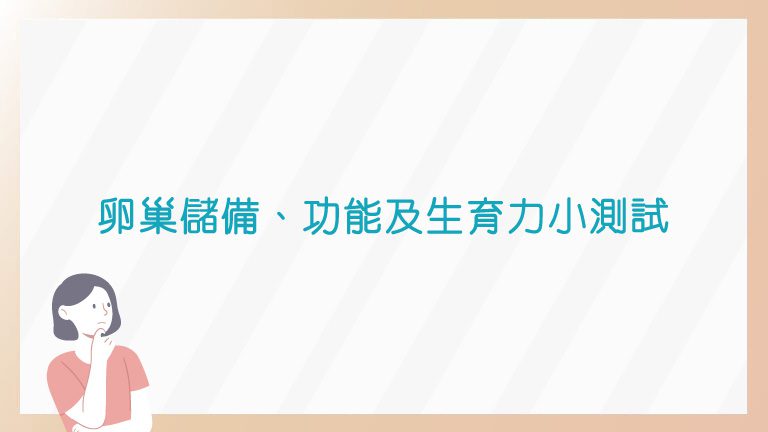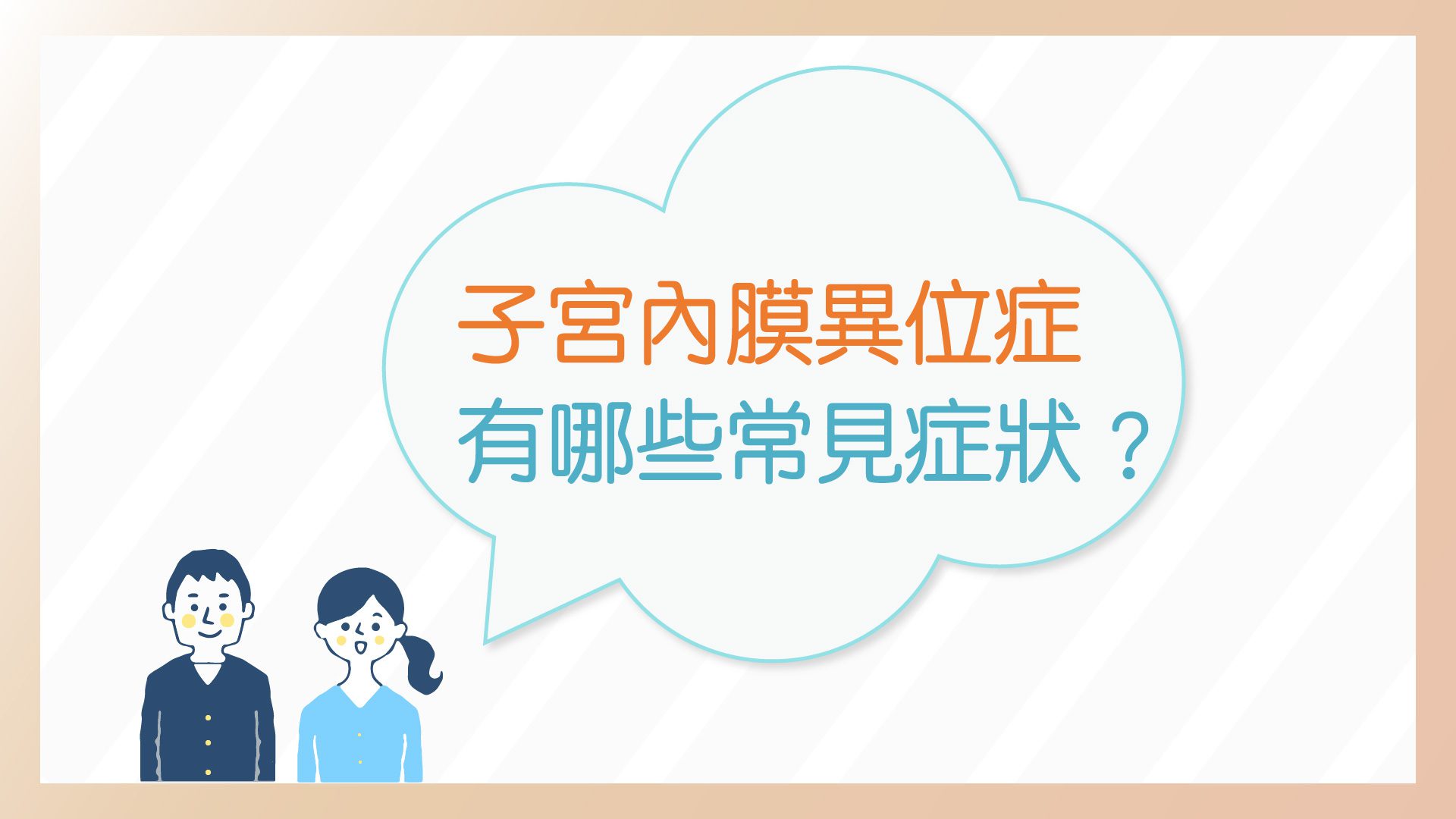What is Conventional IVF ?
Conventional IVF is a process by which the sperms and eggs are mixed together, and the sperms penetrate the eggs by themselves. This insemination method is suitable for couples with adequate active and normal sperms. However, a small percentage of couples (<5%) may have none, or very few eggs fertilized even if the sperm quality meets the requirement for conventional IVF insemination. And in rare occasions (<1%), the eggs or embryos can be infected with micro-organisms present in the sperms or eggs. If this happens, all eggs or embryos will be lost.
What is intracytoplasmic sperm injection (ICSI) ?
For around half of couples who are having problems conceiving, the cause of infertility is sperm-related. The technique of intracytoplasmic sperm injection (ICSI) has been used since 1992 in order to assist fertilization, particularly when the sperm sample is of poor quality. This procedure is an extension of IVF in that eggs and sperms are collected. Instead of mixing the sperms with the eggs and leaving them to fertilize as in conventional IVF insemination, an embryologist (embryo specialist) will inject a single sperm into the center of each egg using a micro-injection needle, thus bypassing any potential problems the sperm will have in getting inside the egg.
Who needs ICSI?
Your doctor may recommend ICSI if:
1) one or more of the sperm parameters is/are poor such as low sperm count, poor motility and/or poor morphology (abnormal shape).
2) a previous conventional IVF insemination had none, or very few of the eggs fertilized.
3) the sperms have to be collected surgically from the testicles.
4) the embryos will be tested for a genetic condition (pre-implantation genetic testing or PGT), ICSI will be used to prevent sperms sticking to the outside of the eggs during conventional IVF from interfering with the results.
5) the eggs had been frozen and now are thawed for IVF treatment, the freezing process makes the outer coating of the eggs too tough for sperms to penetrate.
6) the frozen- thawed sperms do not appear especially active, ICSI may be recommended.
What are the risks associated with ICSI?
ICSI is a newer procedure compared to conventional IVF insemination, and children or young adults conceived through this method are still young. Follow-up studies do not include effects that may be seen in older children or in the next generation.
Although studies are ongoing, the information currently available has found that children born following ICSI have a slightly increased risk of birth defects. The extra risk is <1% as compared to children born following conventional IVF treatment or conceived naturally. Most of these abnormalities relate to the number of sex chromosomes (i.e. an extra or a missing X or Y). Children born with an extra or a missing sex chromosome may appear normal but some may have physical abnormalities and some will be infertile, depending on which chromosome is affected. Part of the explanation is that men with abnormal semen parameters have a higher risk of having chromosome abnormality including sex chromosome in the sperms which could be passed onto the next generation. Therefore, problems that have been linked to ICSI may have been caused by the underlying infertility, rather than the treatment itself.
Is it worth having ICSI even if we do not have male infertility?
For most people who have no evidence of male factor infertility, the chances of getting pregnant are the same whether they have ICSI or not. However, a small percentage of couple (<5%) may have none, or very few of the eggs fertilized during conventional IVF even if the sperm quality meets the requirement for such insemination method. Some couples may request ICSI because they cannot accept the risk of no fertilization. If you choose to have ICSI because of this, you have to understand that even with ICSI, there is still a very small possibility (<1%) of no fertilization.
Remember, fertilization rate does not tell you the pregnancy rate, and a successful fertilization does not guarantee pregnancy. Once fertilization happens, the success rate for a couple using conventional IVF or ICSI is the same.
How do we know if we need ICSI?
You will need to undergo semen analysis before IVF treatment, preferably in our IVF centre so that our embryologists can assess the quality of your sperms in detail. Based on the results, your doctor will then decide which insemination method is more suitable. Your doctor may talk to our embryologists before making a decision. Sometimes you may be asked to give another sample to help them decide. In some circumstances, the sperm quality may fluctuate widely, then the decision may have to be made on the day of egg retrieval, based on the quality of the sperms on that day.
Recommended video:






